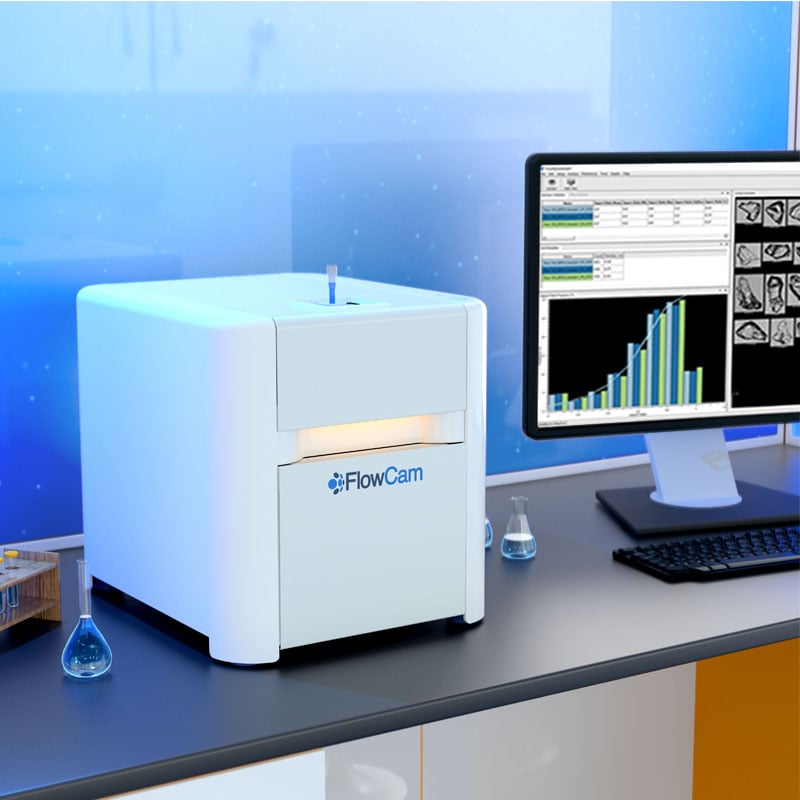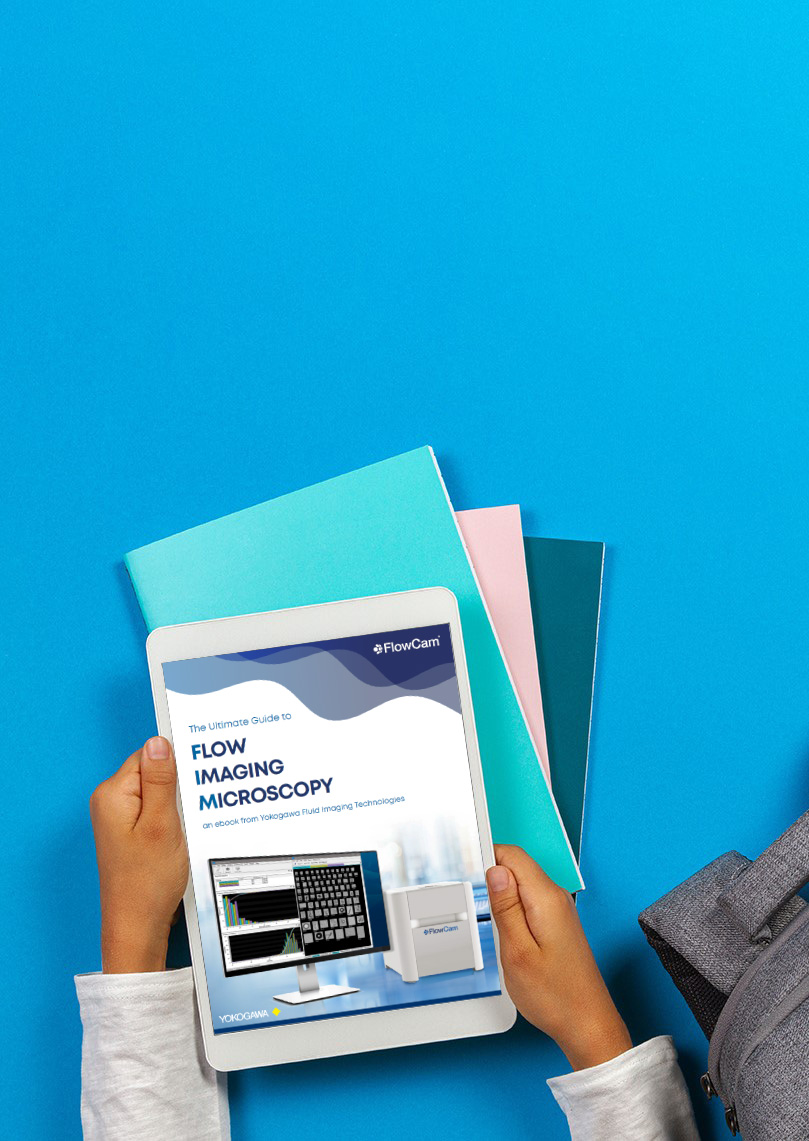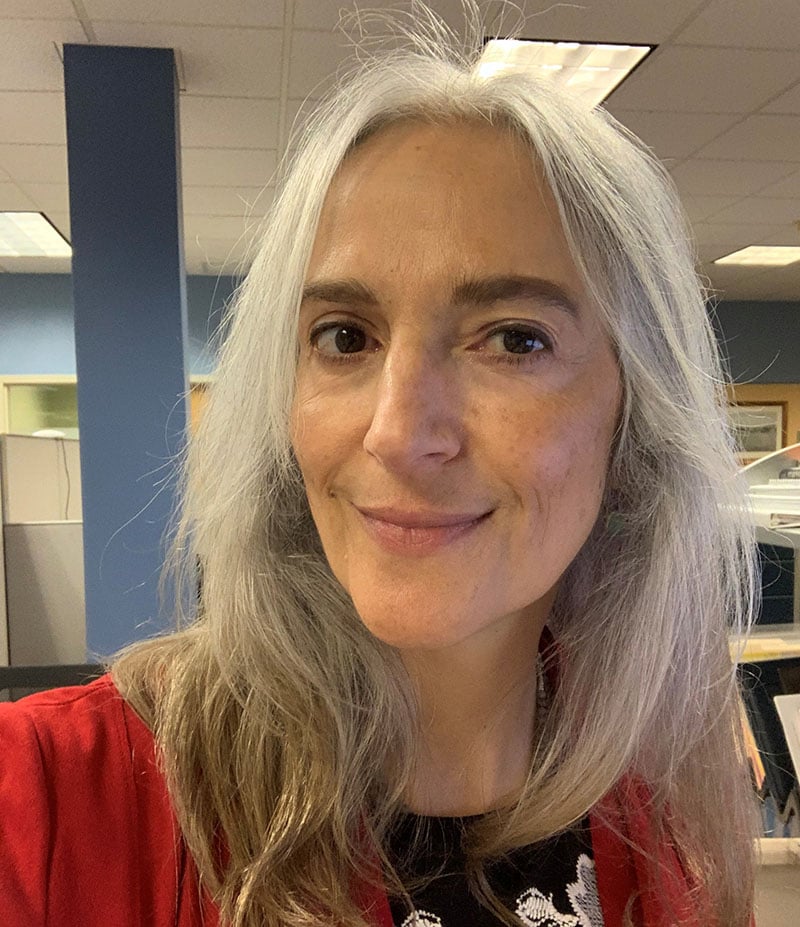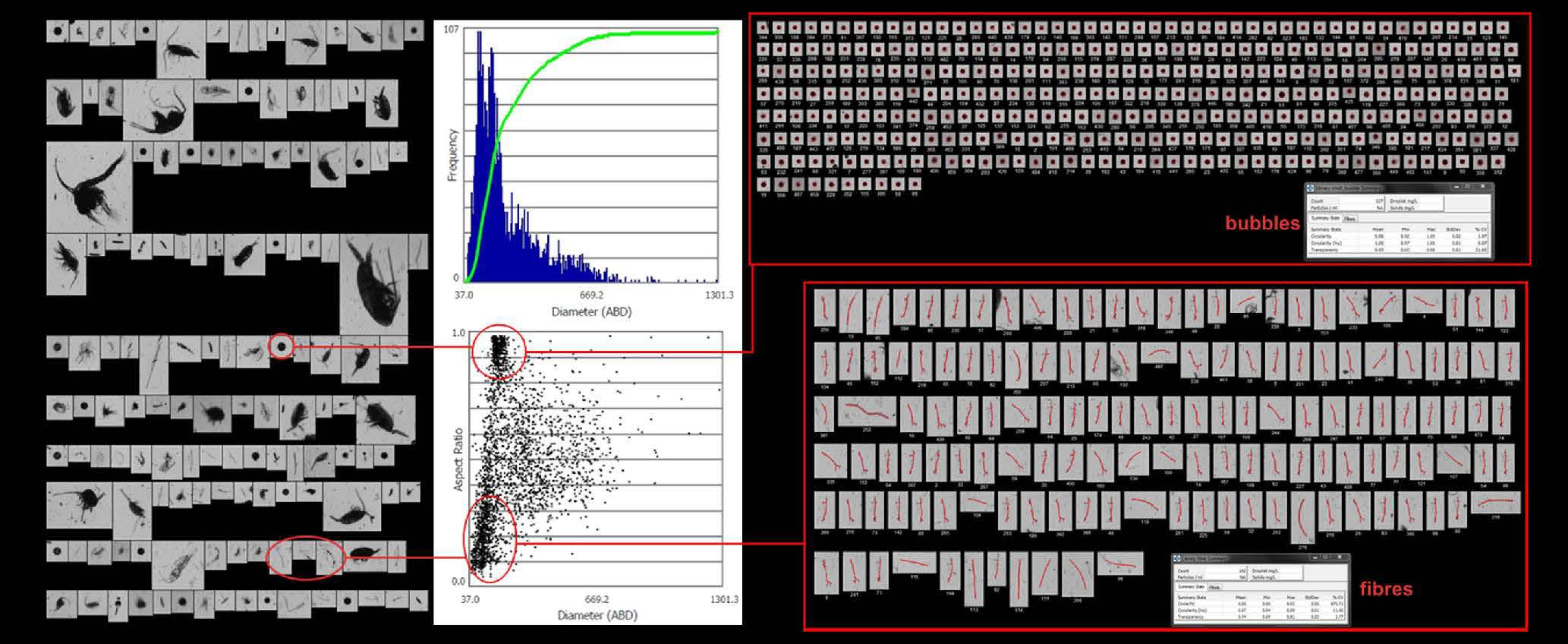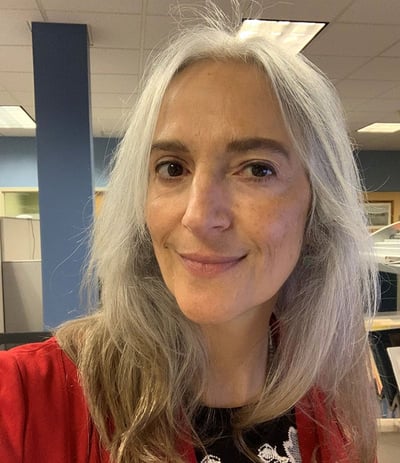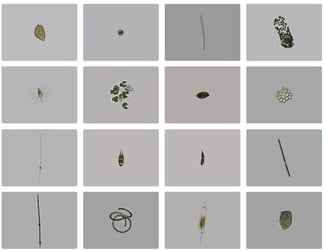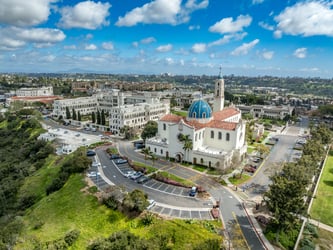Since 1958, the Sir Alister Hardy Foundation for Ocean Science (SAHFOS) has been observing changes to the foundations of the marine ecosystem by analyzing the overall health, abundance, community structure and distribution of marine plankton across the globe.
SAHFOS operates the Continuous Plankton Recorder (CPR) Survey, the longest running, most geographically extensive marine ecological survey in the world. SAHFOS recently began exploring the feasibility of integrating new instrumentation for the rapid determination of zooplankton abundance as a complement to the manual taxonomic analysis using conventional microscopes. 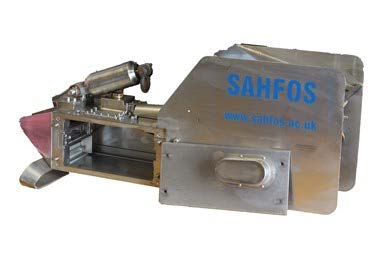
FlowCam Macro is currently involved in a trial to automate the manual process of zooplankton identification.
Marine plankton are especially sensitive to changes in temperature, light, acidity and nutrient availability, among other environmental variables, and respond quickly to a variety of stressors. By observing the response of plankton, scientists can study the impact of climate change on the base of the marine food chain and extrapolate its implications for the globe at large.
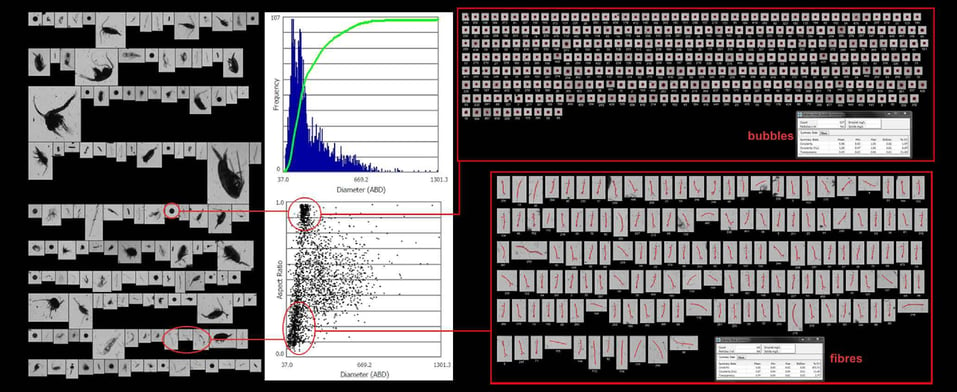
Observations of particles from a conventional continuous plankton recorder (CPR) sample obtained with the FlowCam Macro. Images are shown of plankton (left panel), descriptive statistics (central panel), and images grouped into classification types (right panel).
SAHFOS an internationally funded independent research non-profit organisation responsible for the operation of the Continuous Plankton Recorder (CPR) Survey. As a large-scale global survey, it provides the scientific and policy communities with a basin-wide and long-term measure of the ecological health of marine plankton. It has a considerable database of marine plankton and associated metadata that is used by researchers and policy makers to examine strategically important science pillars such as climate change, human health, fisheries, biodiversity, pathogens, invasive species, ocean acidification and natural capital.



